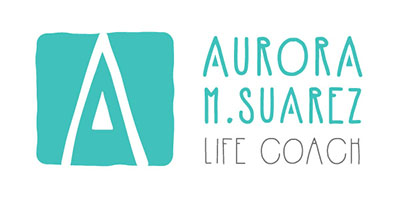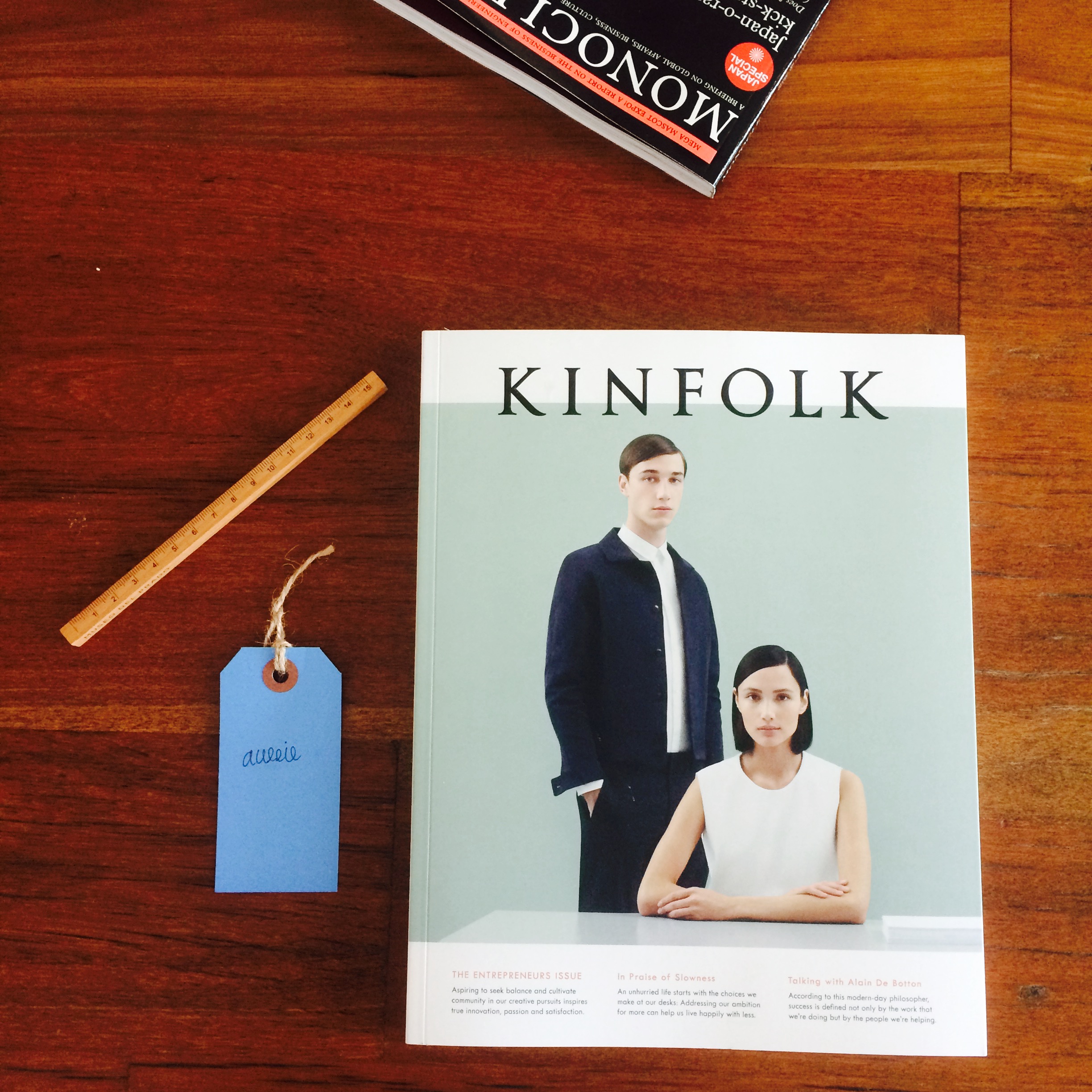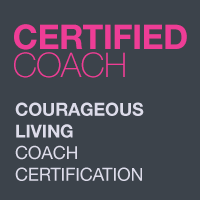Last year, I left two day jobs—one that I held for 16 years and the second one where I lasted only three months. It was an overwhelming change, not only in opening up a lot of free time but also in a massive reduction in income. I moved quickly into being a consultant but my salary was project-based, rather than a consistent two-week payout. My first project lasted two months longer than I thought and I wasn’t paid until it was completed.
This part of following your heart is one of the most terrifying. My fear started screaming, “Find a real job!” “Go back to your old job! I’m sure they’ll still accept you.” Seeing my funds dwindle every time I made a withdrawal, with no money coming in, was very uncomfortable. My old fear of being poor and not having enough came up again and again.
As with everything else, I needed time to adjust. How did I deal?
- Budget review. The first thing I did was a budget review. I already actually made a sheet of my expenses before I even left my first job so that I would know how much money I would need to save up in order to resign. But this time, I looked at it with the ruthlessness of needing to cut the unnecessary. First to go, unnecessary staff (i.e. the family driver). Second, non-essential purchases. Third, I had stick to a specific amount for every type of purchase (e.g. gas, groceries, salaries).
- Mindful spending. I realized that in the past, I was spending a lot because of stress, because “I deserved it.” That would mean regular pedicures, a semi-regular massage schedule, and constant accumulation of clothes and shoes for both myself and my daughter. Let’s not even get started on the home products—from accessories to art to storage. When my income was cut, I started becoming more mindful about what I would spend on. Before I bought, I would ask: Do I need it? Do I really, really, really need it? Do I love it? Is it beautiful? Will this make me happy not just today but even five years from now?
- Checkbook app. I downloaded an app called Checkbook (free, of course) and it made me conscious about what I was spending on and whether I was being realistic in my budget.
- Ask for help. I asked my husband to contribute more to the household which was a big load off my shoulders.
- Don’t be afraid to use your savings. I had saved up this emergency fund for a reason. A point of pride for me was not having touched the money I put aside until the end of the year. When I finally had to use it, there was actually more relief than fear because I had this buffer.
- Appreciate what you have. Again, I practiced gratitude and saw that while I had to adjust my spending patterns, I gained something more valuable—the time to do what I love, to rest, heal and recover, to be with the people who matter, to watch my daughter grow up, to learn something new. The power of gratitude and focus on the positive actually made money pour into my life when I needed it most (a mature fund, a dormant bank account, thirteenth month pay I had not counted on) which resulted in more thankfulness—a positive cycle.








